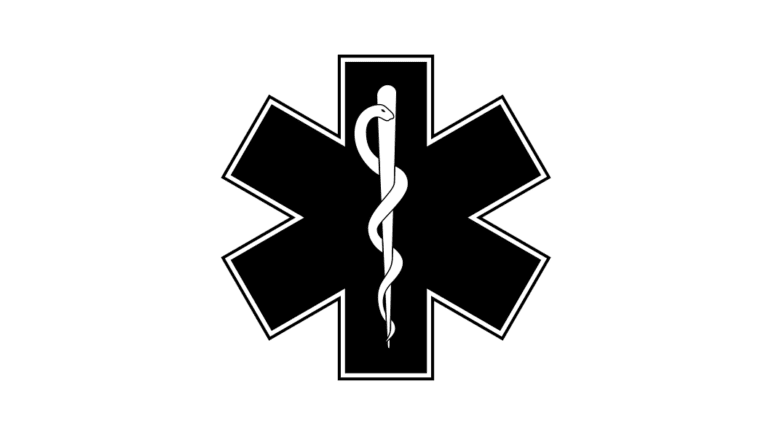By Dr. Lateefah Watford, practicing psychiatrist at Kaiser Permanente Georgia
While social media may offer several benefits, there are many indicators it poses a risk to the mental health and well-being of children and adolescents. Once smartphones became popular in the early 2010s, the rate of teen depressive symptoms spiked.
This is a universal matter, with up to 95% of teens reporting using social media. Over the last decade, there has been a 60% increase in the number of teenage girls reporting persistently sad or hopeless feelings. In Georgia, more than 100,000 teens reported suffering from depression. Although there are many factors impacting teen mental health, Surgeon General Vivek Murthy has issued a warning that social media use is a main contributor.
In addition to the increase in teen depression rates, there has been an alarming increase in teen suicide rates. In Georgia, there was nearly a 22% increase in teen suicide rates from November 2021 to November 2022. In the U.S., suicide is the second leading cause of death for ages 10-24 and third for 15-24 years old. Equally troubling, research shows increased risk of suicide in females and those who identify themselves as a part of the LBGQT community.
From exposure to inappropriate content, bullying and harassment to compromising sleep and valuable in-person social activities, the potential negative impact of social media and the internet on teens must be better understood.
According to the newly published Surgeon General’s Advisory on Social Media and Youth Mental Health: “Adolescent social media use is predictive of a subsequent decrease in life satisfaction for certain developmental stages including for girls 11–13 years old and boys 14–15 years old. Because adolescence is a vulnerable period of brain development, social media exposure during this period warrants additional scrutiny.”
The timing and importance of the Surgeon General’s report highlights many issues currently facing youth, parents and extended family. Based on my professional knowledge and the Surgeon General’s report, I encourage parents to include the following seven recommendations into practice.
- Create a Family Media Plan: Promote open family discussions and create rules about media use including a balance of screen/online time, developing content boundaries and never posting personal information. Check out Kaiser Permanente’s Health Encyclopedia which offers advice about creating a family media plan.
- Create Tech-Free Zones: Establish device-free times and encourage children to develop in-person relationships with friends. Family mealtimes offer a great opportunity for productive in-person discussions about building positive relationships and safe digital media practices.
- Model Responsible Social Media Behavior: Parents are their children’s number one role model. Exhibiting responsible social media use and behavior will positively influence your children. If you limit social media use and habits, don’t be surprised if your kids follow your lead.
- Teach Kids About Technology: Educating kids about the dangers, risks and positive aspects of Internet use and social media can empower them to be responsible online participants at the appropriate age.
- Educate and Empower Children: Talk with your kids about the benefits and risks of social media as well as the importance of respecting privacy and protecting personal information. Find out who they are connecting with online, review their privacy settings and how they are spending time online. Instill confidence in them that you are there to help if they have questions or concerns.
- Report Cyberbullying and Online Abuse and Exploitation:Make certain your child knows how to report cyberbullying or online attacks. Encourage them to show you harassment emails, texts or social media as well as adults trying to contact them online. Parents should immediately report this type of activity to local police, then contact CyberTipline, Take It Down and similar tiplines.
- Establish Shared Norms: Parents can work together to establish shared norms and practices to support programs and policies around healthy social media use.
The rise in depression among teenagers in Georgia and across the country will continue to be a priority in the days and months ahead. Our kids are at risk. To address this concerning trend, I urge parents to act and implement measures to safeguard their teenagers’ mental well-being.
